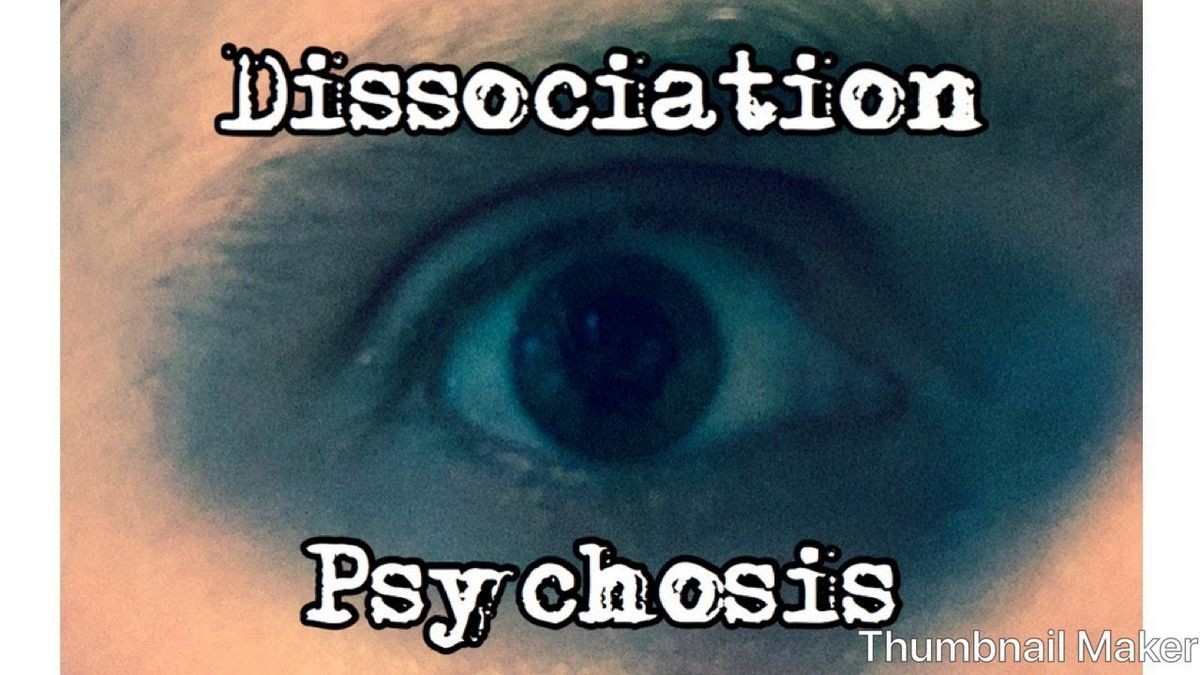
Is Dissociation a Form of Psychosis?
Dissociation occurs when there is a mental disconnection from thoughts, memories, feelings, or even sense of identity. Dissociation is not a form of psychosis.
Dissociation and psychosis are distinct conditions that may be confused for each other. During a dissociative episode, there may be confusion with a psychotic episode. However, dissociation can precede a psychotic episode.
The difference between dissociation and psychosis lies in the fact that dissociation involves a disconnection from reality, resulting in loss of memory and identity, while psychosis involves additional experiences such as hallucinations and delusions.
Dissociation occurs when there is a mental disconnection from thoughts, memories, feelings, or even sense of identity. Dissociative disorders are categorized into three types:
- Dissociative amnesia
- Dissociative identity disorder
- Depersonalization or derealization disorder
Dissociative disorders may develop after experiencing a traumatic event, lasting for hours, days, or even weeks after the experience.
The traumatic event may seem unreal, creating a sense of detachment from reality, like watching everything on television. Dissociation usually resolves without medical intervention, but treatment may be necessary in some cases.
A dissociative disorder may co-occur with other mental health conditions such as depression, anxiety disorders, post-traumatic stress disorder (PTSD), eating disorders, mood swings, obsessive-compulsive disorder, and phobias.
Symptoms of Dissociative Disorders
- Disconnection from oneself
- Unexpected mood swings
- Memory issues
- Difficulty concentrating
- Inability to handle intense emotions
- Derealization (feeling like the world is not real)
- Identity confusion
- Anxiety
- Depression
Causes of Dissociation
The exact cause of dissociative disorders is unknown. However, dissociation is often linked to experiencing traumatic events such as abuse (physical, emotional, or sexual).
Stressful events like kidnappings, war, and invasive medical procedures can also lead to dissociative disorders as a coping mechanism.
Complications of Dissociation
If left untreated, dissociative disorders can lead to various complications, including:
- Sleep disturbances
- Severe depression
- Self-harm
- Substance abuse
- Eating disorders
- Difficulties in relationships and employment
- Sexual issues
- Anxiety disorders
Treatment of Dissociative Disorders
Effective treatment of dissociative disorders often requires years of therapy and may involve:
- Stress management: Learning to manage stress to prevent dissociative episodes.
- Psychiatric medications: Prescribed to manage symptoms.
- Psychotherapy: Long-term therapy to address underlying causes.
- Safe environment: Providing a safe and peaceful environment for recovery.
- Treatment for underlying conditions: Addressing co-occurring mental health issues.
QUESTION
What is Psychosis?
Psychosis is a symptom rather than an illness. It involves a disruption in thoughts, making it difficult to distinguish between what is real and what is not.
During episodes of psychosis, individuals may experience hallucinations, delusions, and unusual thoughts, emotions, or behaviors.
Psychotic experiences can be confusing and frightening, varying between individuals.
Symptoms of Psychosis
The main symptoms of psychosis are:
- Hallucinations: Perceiving non-existent things that seem real.
- Delusions: Having strong beliefs not shared by others.
Experiencing both hallucinations and delusions can cause severe distress and may result in a psychotic episode.
Causes of Psychosis
Psychosis may occur as a symptom of other mental health conditions such as schizophrenia, bipolar disorder, or severe depression.
Triggers for psychotic episodes may include stress, traumatic events, substance abuse, or side effects from medication.
Treatment of Psychosis
Treatment for psychosis often involves a combination of therapies:
- Psychotherapy: Cognitive-behavioral therapy and family interventions to manage symptoms.
- Anti-psychotic medications: Prescribed to alleviate psychotic symptoms. Long-term use may be necessary.
- Support: Adequate social support and opportunities to assist in recovery.
In severe cases where symptoms persist, psychiatric hospital admission may be recommended. Possible complications of psychosis include substance abuse and self-harm.


